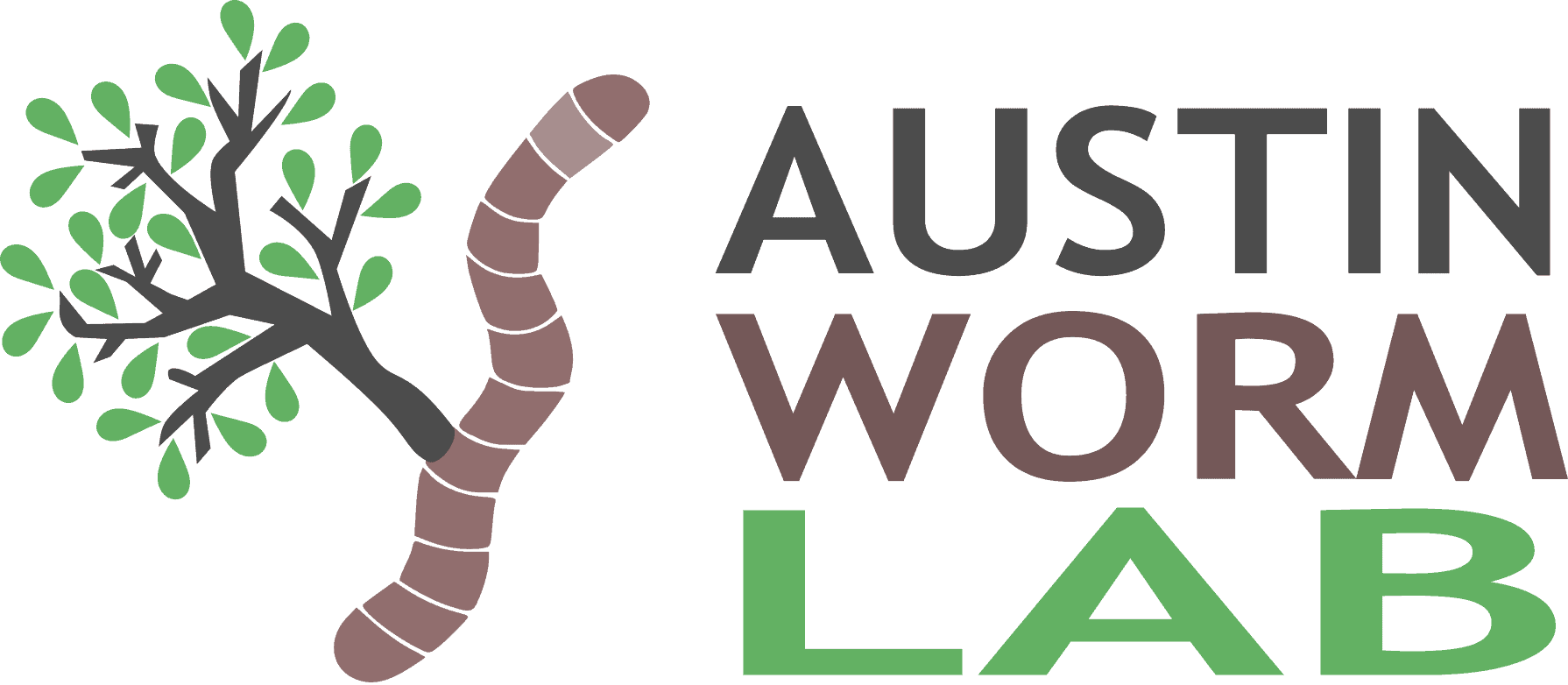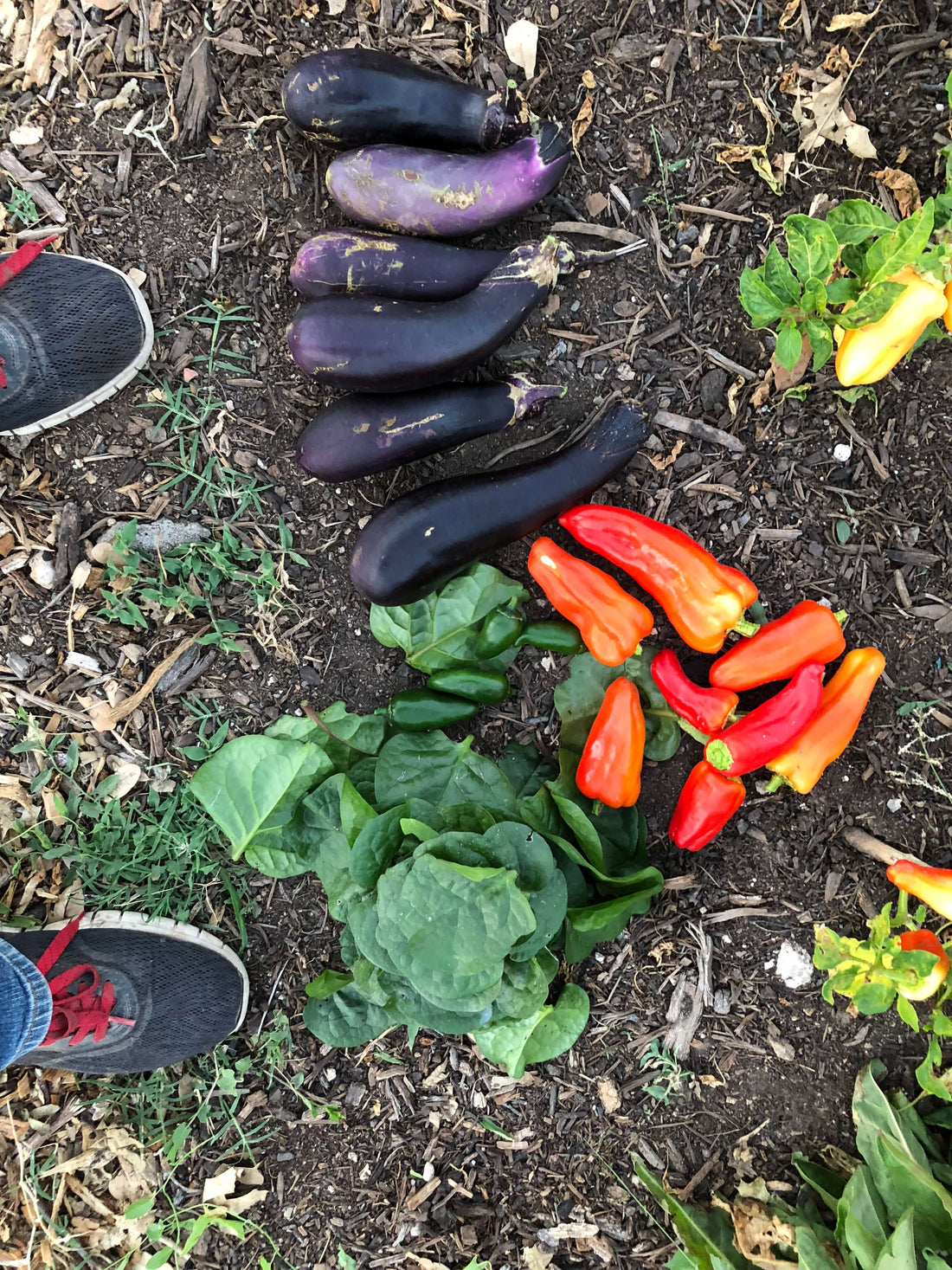Organic gardening is a sustainable approach to growing your food. It focuses on improving soil health, fertilizer use, and pest control for an abundant harvest that is free of chemicals and pesticides.
Organic gardeners know that healthy plants are vigorous and more disease-resistant. They also realize that healthy gardens create thriving ecosystems of soil microbes, helpful insects, and birds.
Soil
The soil in an organic garden is a mix of weathered rock, water, air, and plant matter. These components improve drainage, deter pest infestations and provide optimal support for plant life. The amount and quality of the soil determine how well your plants will grow, and it is especially important to have good soil in an organic garden. Soil with poor fertility can lead to drooping plants and leaves that discolor and wilt. It can also make it hard for a plant to grow strong roots and develop a sturdy stem.
Regardless of the type of soil in your garden, it can be improved over time by adding organic matter such as compost. This will help improve drainage and allow more oxygen to flow into the soil, helping the roots of your plants stay healthy.
Soil with high levels of organic matter will be rich in nutrient-rich microbes. These microbes break down wastes and release nutrients into the soil, making your plants healthier.
Organic matter can come from various sources including compost, leaves, grass clippings, other green waste, rotted animal manure, and kitchen scraps. It helps to build soil health by increasing the number and diversity of the microbes in your garden and enhancing their ability to break down organic material.
When growing vegetables, a layer of compost should be added before planting. This will give the microbes enough time to break down the organic material, making the nutrients available to your plants as soon as they start to grow.
Another great way to increase the amount of organic matter in your garden is to plant cover crops such as corn or soybeans. These green wastes help to add nutrients to your soil and keep it healthy, so the plants will need less fertilizer to produce more fruit and vegetables.
Lastly, avoid excessive tilling of your garden soil as it can damage the microorganisms that help to promote good soil structure. When these organisms are reduced, it reduces the amount of pore space in the soil and causes problems with the overall soil structure.
Fertilizer
Organic gardening is the practice of growing plants without using synthetic fertilizers and pesticides. This involves a variety of methods, but all of them aim to improve the overall health of the soil and plants.
One of the most important factors is finding a balance between the amount and type of nutrients you add to the soil. You will want to avoid over-fertilizing, which can lead to plant diseases. You also want to give your plants a diet low in nitrogen, as this can cause a build-up of greenhouse gases and increase pest problems.
Many of the most popular fertilizers used in Organic gardening are made from organic materials. These include compost, manure, crop residues, and earthworm castings. These materials can be added to the soil in a liquid or powder form.
Compost is a rich source of nitrogen, phosphorus, and potassium. It is an excellent soil amendment, improving water retention and drainage and preventing erosion. It also helps to make the soil lighter, which allows more air to reach the roots of your garden plants.
Another standard organic fertilizer is fish meal, which contains plenty of nitrogen and other nutrients. It is an excellent fertilizer for corn crops, but it can also be used on other crops.
It's also possible to make fertilizer by composting food scraps and other organic waste in a bin. This can be an inexpensive and easy way to provide nutrients for your plants.
Several other products are also available as organic fertilizers, including bat guano, shell meal, and kelp. These products are typically mixed with water and applied as a foliar spray, or liquid fertilizer poured into the soil around your plants.
Organic fertilizers also tend to last longer than synthetics, so you can apply them regularly and get consistent results. This makes them a good choice for anyone wanting to follow an organic gardening regimen, as they will give your soil the nutrients it needs to stay healthy and strong.
Planting
Organic gardening is a sustainable and nutrient-rich way to grow vegetables and fruits in a healthy and environmentally responsible manner. It focuses on nurturing the soil environment with proper cultural practices, enhancing biodiversity, and managing problematic weeds, insects, and diseases.
Plants grown organically tend to be stronger and more resistant to disease and pest attacks than plants treated with chemical fertilizers or pesticides. They also are more likely to attract beneficial insects and critters like pollinators, bees, and spiders.
Another critical strategy for organic gardeners is crop rotation. This encourages the growth of various plants in different locations, which keeps pests guessing and promotes a healthy soil environment.
Many organic gardeners also use compost to help replenish nutrients lost during the growing season. For additional benefits, they can add a compost mixture to the soil or make compost teas from aged compost.
You can mix up your own compost using shredded leaves or other kitchen and garden trimmings for a simple and affordable approach to feeding your plants. You can also buy commercially prepared organic plant food that OMRI approves.
To avoid contaminating the garden with pesticides that are not allowed in organic production, you should avoid planting on sites used by others for conventionally grown crops. This includes any site border used by a neighbor and any site that may have been treated with herbicides that are not allowed in organic cultivation.
The best sites for organic gardens are those with good light exposure, drainage, and soil fertility. Soil tests can be performed to determine the soil's nutrient level (kits for soil testing can be purchased at most local county extension offices).
In addition to ensuring that your garden is in a healthy environment, you will also want to keep track of the progress of your plants throughout the growing season by recording notes and observations. This helps you to identify problems early and take action before they become larger issues. The information you collect will also help evaluate your gardening methods and improve them over time.
Pest Control
Organic gardening is an eco-friendly method of growing vegetables and fruits. It improves soil by increasing organic matter and reducing the number of fertilizers and pesticides used. It also protects wildlife and birds, reduces water pollution, and decreases the damage caused by pests. Organic gardeners use many natural pest control methods, including companion planting and biological controls such as insect predators and parasitic wasps. They can also use various methods for controlling specific pests, such as neem oil and diatomaceous earth.
Using beneficial nematodes is another effective and non-toxic organic method for controlling soil-dwelling insects like Japanese beetles, cutworms, and root maggots. Nematodes are microscopic, non-segmented roundworms that can kill many pests in their larval and grub stages.
Beneficial nematodes can be found in most department stores and are approved by the Organic Materials Review Institute for use in organic gardens. They are available in liquid and granular forms for easy application to the soil.
Other biological pest control methods include companion planting, using natural repellents and deterrents, and promoting beneficial insects. Biological methods are often less costly than chemical alternatives and can be highly effective for controlling specific pests.
Some gardeners use slug pellets or crushed eggshells to keep slugs and other critters away from their plants. Row covers over cabbage, and other vegetables can also help protect the crop from moths, and metal cans filled with dirt can be placed over tender seedlings to keep cutworms from feeding on them.
Insecticidal soap is another inexpensive and environmentally friendly organic pest control option. It's found in most department stores and can be mixed in a spray bottle for easy application to the soil.
One crucial factor to consider when choosing a pesticide is whether it will affect the area's birds, bats, and other mammals. Avoid using insecticides that harm birds, frogs, or other mammals that eat the plants.
If you're concerned about the safety of a chemical pesticide, talk to your local garden center or a local organic gardening professional for information. These professionals can evaluate your garden and give you a personalized recommendation that is right for you.

